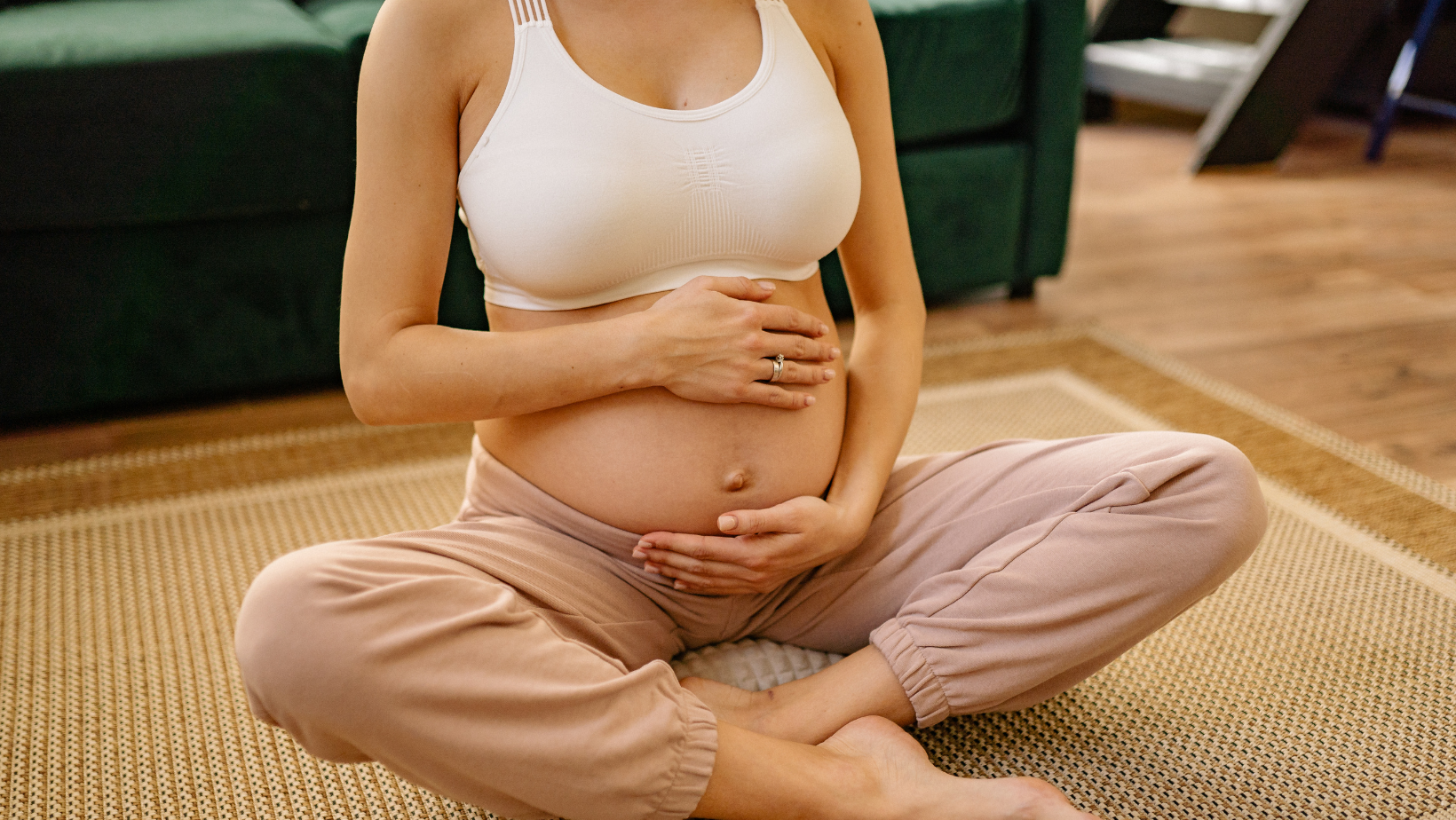To read the start of the article, go to Strengthening the Pelvic Floor (in french).
In this article, the leading causes of a weakening of a pregnant woman’s pelvic floor will be examined. There are many reasons her pelvic floor can weaken.
Pregnancy and childbirth are one reason. Imagine all the work the pelvic floor has to do, the stretching, when the baby develops, grows, and gains weight in the pelvis, more specifically in the “hammock”. This affects both women who give birth vaginally and via a caesarean section. For vaginal childbirth, you should also imagine how the pelvic floor’s muscle structure works hard when pushing out the baby. The average pushing time for a first baby is 90 minutes, which is a long time for these organs and structures.
Given birth several times and having pregnancies that are close to each other increases this phenomenon if the woman hasn’t strengthened her pelvic floor between pregnancies.
During menopause and normal ageing, there are significant hormonal changes. The steep reduction of some hormones also leads to reduce elasticity and a natural weakening of the pelvic floor. Estrogen is essential for a woman in her childbearing years for fertility but tends to lower during menopause. The woman’s pelvis can become narrower, more stable to better support pressure when walking. This is why we say that a woman’s pelvis is much more similar to a man’s during menopause.
Hereditary factors can also play a role in the appearance of this type of problem (family history). Obesity, constipation, chronic cough, poor physical health, neurological disorders and prior surgery can also be potential causes of a weakened pelvic floor.
To continue reading this article, go to How do I know if my pelvic floor is losing its tone?


